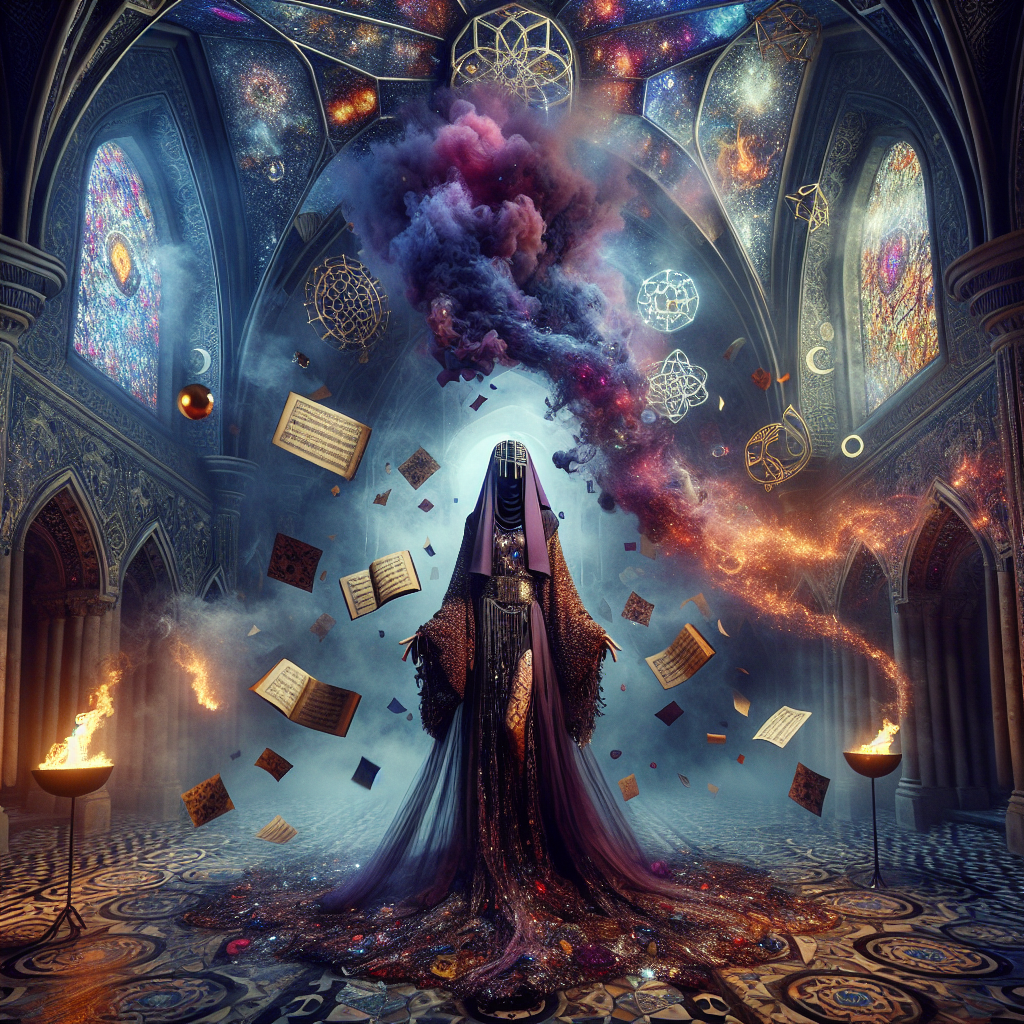Brace yourselves, because Mr. KanHey is here to disrupt the status quo — and yes, children of the sun, Lorde has returned. But put your crystals down and step away from the oceanic yoga mats, because this isn’t another breezy, sandal-clad walk along Solar Beach. No, Lorde’s fourth album is titled Virgin, and it’s not a rebirth. It’s a reckoning.
After letting the world bask—and bicker—in the subdued glow of 2021’s Solar Power, Ella Marija Lani Yelich-O’Connor emerged from the flaxen mist like a resurrected myth, poetic and potent. Virgin isn’t just an album title; it’s a manifesto. A creative molotov cocktail hurled back at the mainstream industry’s fixation on formulas and digestible femininity. This girl didn’t just burn the handbook—she ground it into celestial ash, threw it in the wind, and orchestrated a symphony from the smoke.
Executive-produced alongside the alchemic Jim-E Stack, Virgin is the kind of project that doesn’t ask you to pay attention—it dares you to look away. Spoiler alert: you won’t be able to.
The album opens like a haunted hymn, like a Gen Z Joan of Arc lighting up the pyre with synth-soaked chants and cathedral-shaking bass thumps. Tracks slip between sonic temples—a primal drum here, a piano note drenched in melancholy there—but the voice? That signature Lorde wail-speak hybrid? It floats over the chaos like a priestess steering her cult through an emotional rapture.
This isn’t pop. It’s not indie spiritualism. It’s a genre-fluid oracle speaking in tongues shaped by heartbreak, rage, and weird girl wisdom.
Now let’s talk aesthetics, because Virgin isn’t just audible—it’s visualized in a gospel of visceral colors and unstable silhouettes. Imagine a convent run by Vivienne Westwood, a baptism by Kate Bush with Björk hovering above, sketching soundscapes into the clouds. She isn’t just redefining pop; she’s scribbling fire across the portrait of womanhood itself. The album’s artwork? An anti-Instagram fever dream. The videos? Avant-garde hallucinations where fashion is destructive priesthood and vulnerability is couture.
Yet what makes Virgin dangerous—and divine—isn’t its execution. It’s its intent.
Lorde isn’t returning to reclaim her throne. Queens seek crowns; prophets get crucified. This record bleeds rebellion through a sacrilegious lens—virginity not as purity, but as potent untouched potential ready to erupt in flame.
And Jim-E Stack? Oh, he doesn’t just co-produce—he becomes a specter in the songs, slicing through sonic complacency with beats that feel like collapsing stairwells you can’t help but dance down. The production is both intimate and anarchic, like a whispered secret being shouted through a bullhorn.
Virgin is not made for easy listening or Billboard comfort. It is designed to be metabolized slowly, like a sacrament you’re not sure you’re holy enough to ingest. It dares its audience to feel everything and understand nothing—a perfect chaotic response to an era that demands explanation before experience.
So here’s your invitation—to crash the chapel, to devour the forbidden fruit, to be ravaged by rhythms that refuse to resolve.
Dare to be different or fade into oblivion.
Virgin is the sound of pop’s favorite prodigal daughter becoming her own mythology.
And you know what? Amen to that.
– Mr. KanHey










